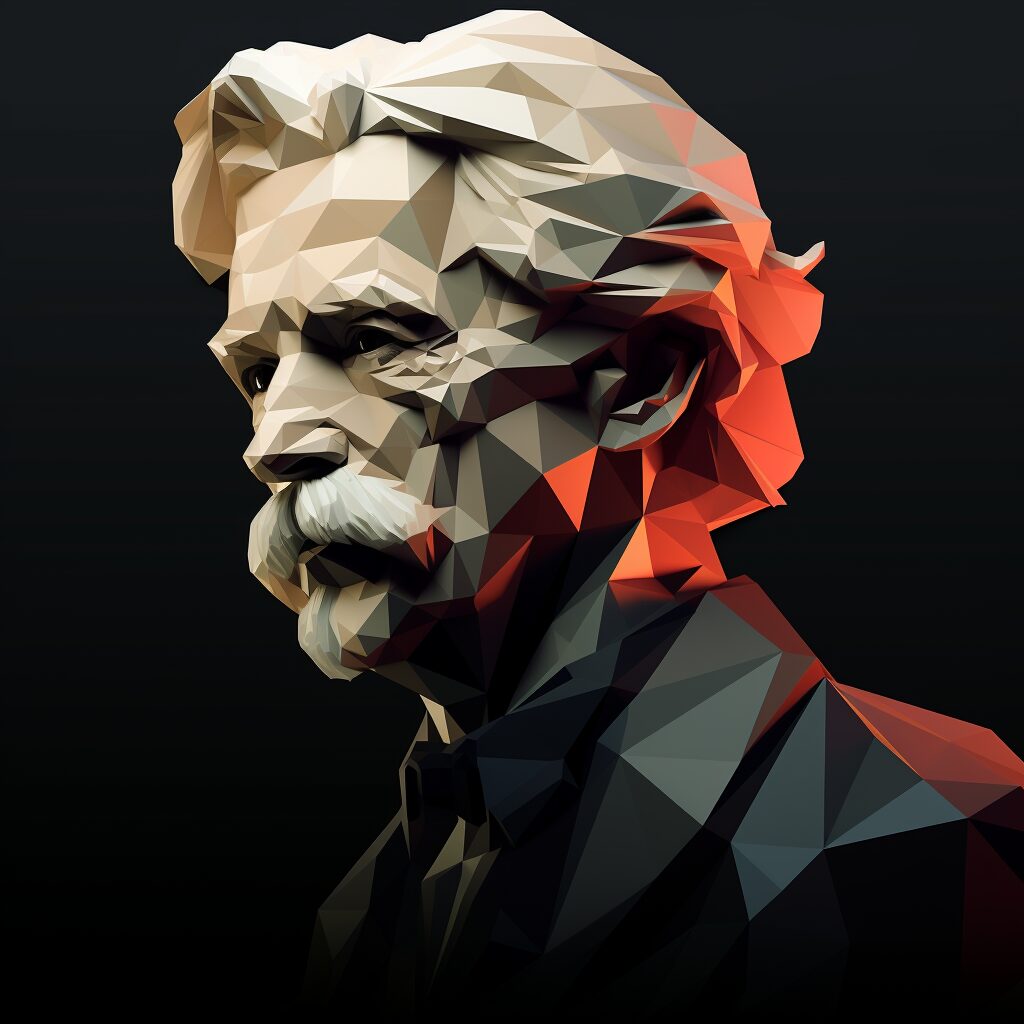This quote suggests that the essence of being truly human lies in our ability to empathize with all living beings. It’s not about our intelligence, power, or achievements, but our capacity to connect with others emotionally, to feel their joy and their pain, that makes us inherently human.
The term “all creatures” implies not just sympathy for fellow humans but also for animals and possibly all life forms. It suggests a broad, all-encompassing compassion that transcends species barriers. This perspective aligns with many spiritual and philosophical traditions that emphasize the interconnectedness of all life and the moral imperative to respect and care for all beings.
In the context of today’s world, this idea has profound implications. It calls for a more compassionate approach to environmental issues, animal rights, and our interactions with each other. It suggests that to address the challenges we face, we need to cultivate a deeper sense of empathy and compassion, not just for our own kind but for all life forms.
In terms of personal development, this quote encourages us to expand our circle of compassion. It challenges us to step out of our comfort zones, to see the world from different perspectives, and to connect with others on a deeper level. It also reminds us that true growth and maturity involve not just acquiring knowledge or skills, but also deepening our capacity for empathy and compassion.








